
When we start growing older, we notice some changes in our skin and our bodies in general. We need to take proper care of ourselves, otherwise, we will have certain issues later on in life. Here are some of the tips on how to take care of your skin properly.
Table of Contents
1. Use Sunscreen

img source: wordpress.com
The sun can be both beneficial and detrimental. On the one hand, it nourishes our bodies with Vitamin D, while on the other, it packs harmful ultraviolet rays, which have been known to lead to skin cancer. According to dermatologists, about 90 percent of wrinkles, sagging, and spots result from exposure to the sun.
As we grow older, our skin’s structural fiber, known as collagen, starts to degenerate slowly. Unfortunately, the sun doesn’t do us any favors as it also accelerates this process, leaving our skin even more susceptible to damage.
To protect your skin from the harmful effects of UV light, always apply a generous amount of sunscreen on hot days. Don’t forget to wear a hat and sunglasses whenever heading out on a sunny day.
Moisturizing regularly will also do wonders to the elasticity and smoothness of your skin, protecting it against scarring and wrinkles and leaving it looking fair and soft.
Many people primarily focus on their faces and forget all about their hands. This often leads to hands developing visible signs of aging. To prevent this, always apply generous amounts of sunscreen before heading out for the day and hand cream that contains retinoid in the evening.
2. Use a Retinoid Product to Reduce Wrinkles
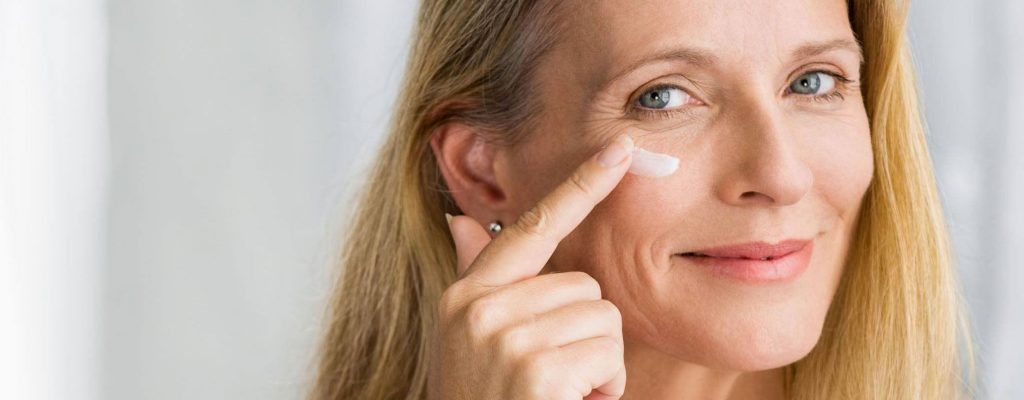
img source: nivea.com
Retinol is a dermatologist-recommended compound derived from Vitamin A. The compound, known for its anti-aging properties, increases collagen production, preventing fine lines. Retinol is also believed to support the development of new blood vessels, leading to healthier, rosier skin.
3. Practice Good Posture and Exercise Regularly
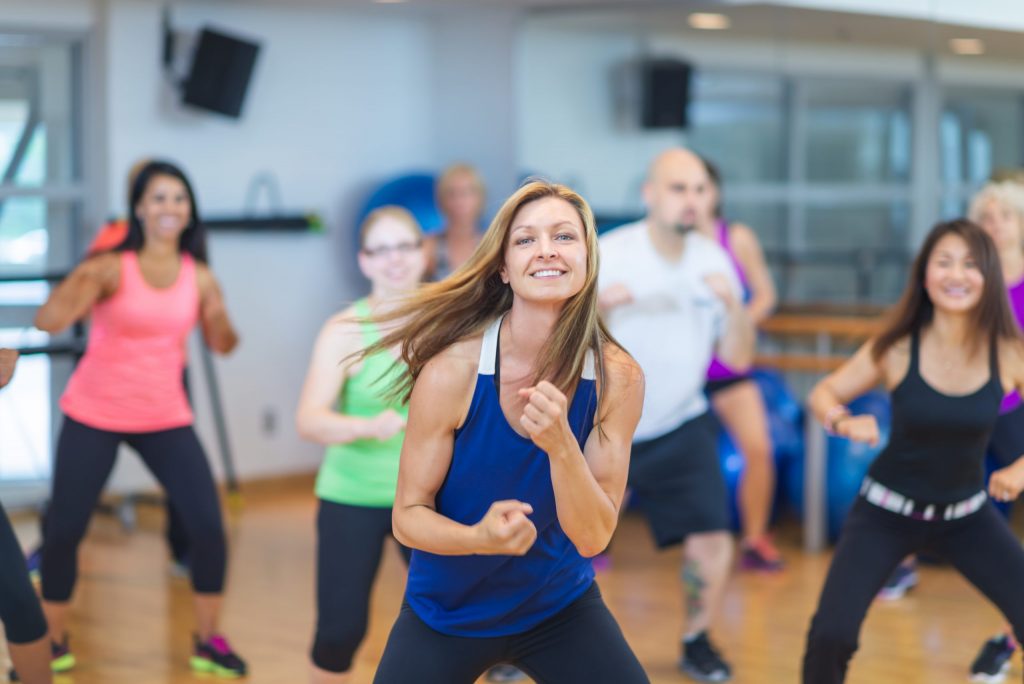
img source: timeincuk.net
There are numerous benefits to exercising regularly, and one of them is the feel-good hormones produced when you exercise. The hormones, known as endorphins, improve energy levels and make us happier.
Apart from improving moods and boosting energy levels, exercising frequently also helps build muscle. As we grow older, we start to lose muscle due to degeneration. However, this can be remedied by doing resistance training, which increases strength and mass.
Staying active doesn’t have to involve going to the gym or lifting weights. Instead, it involves doing things that keep you physically active like going for a walk or taking the stairs instead of an escalator or elevator, playing with your children/grandchildren, or even attending yoga classes. Physical activities will keep your heart rate up, leaving you feeling healthy and looking young.
Exercise is also good for your skin as it increases blood flow to all the cells in your body, including skin cells, keeping them nourished. Furthermore, improved blood flow means that waste products in the cells are carried away and disposed of, leaving your body, including your skin, cleansed.
Working out also helps improve posture as it reverses the bone loss that takes place as we get older. Resistance training and weight training will help you develop strong shoulders and a firm back.
Bone loss in most people starts happening after they’ve hit 40-years. That’s when most people’s shoulders begin to hunch, and their heads stay down. This posture often leaves you looking “defeated,” and people view you as being unhappy. A healthy, upright posture, on the other hand, is seen as open, energetic, and confident.
It’s worth noting that Vitamin D also plays a crucial role in regulating how different tissues, including skin tissue, age.
Ensure that you have the best healthcare plan that covers your requirements, take a look at Medicaresupplementplans2021.com.
4. Watch Your Diet
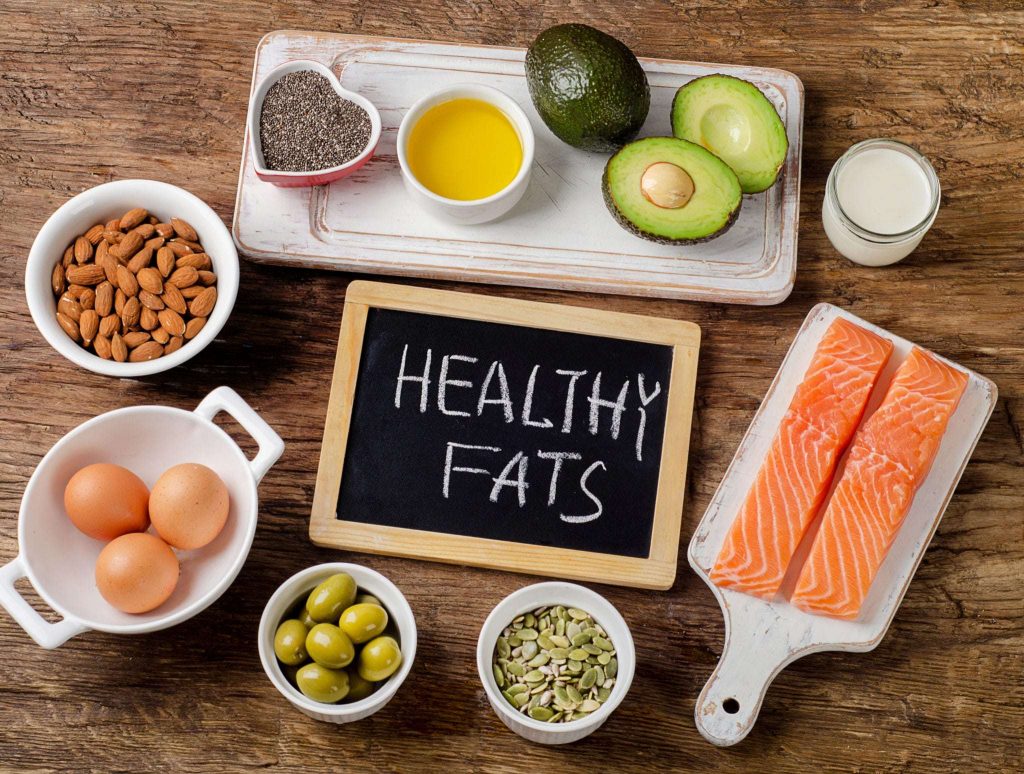
img source: diettosuccess.com
Many people don’t know that the food we eat determines our mood, appearance, and health. It’s, therefore, essential that we pay close attention to what and how we eat. Nutritionists recommend that our diet consists of foods rich in lean proteins, vegetables, whole grains, fruits, and low sugar. Do your best to avoid diets that are rich in processed sugars and fatty foods as they’ll leave you feeling lethargic and generally accelerate aging. Most fruits and vegetables contain antioxidants that are known to reverse aging.
Don’t forget to include good fats like omega-3 fatty acids in your diet. These fatty acids, found in foods like tuna, walnuts, and salmon, do a great job protecting your skin, leaving you looking younger.
According to a bone loss study, taking specific prescribed amounts of calcium and vitamin D daily can reduce bone loss in postmenopausal women by almost half, helping straighten and strengthen their posture.
5. Avoid Cigarettes
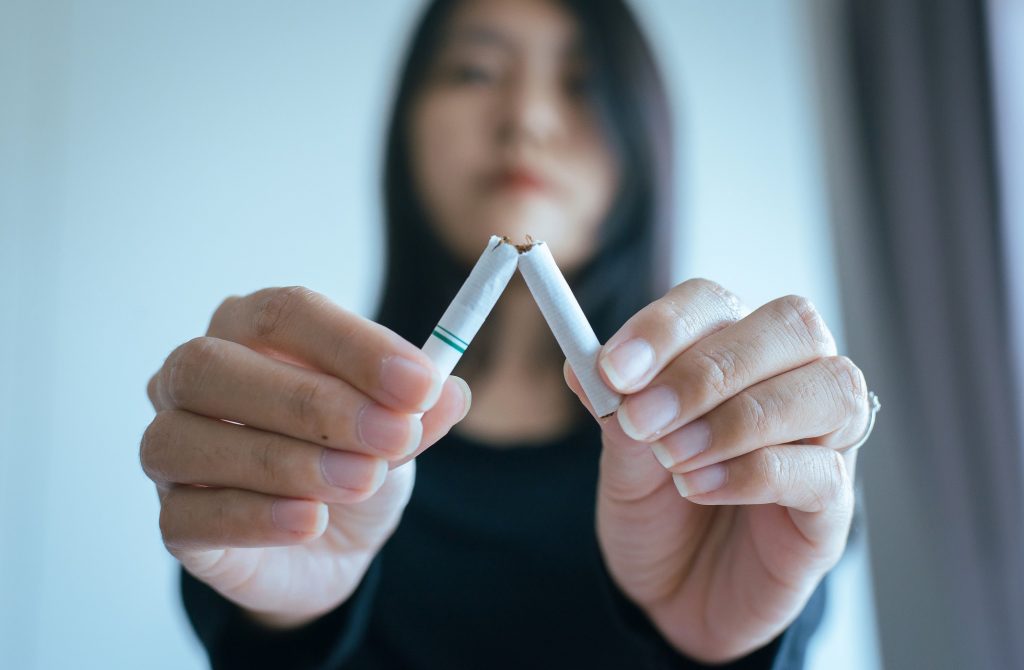
img source: smoking-room.net
According to a Mayo Clinic report, smoking considerably speed up the aging process. Furthermore, chemicals infused in cigarettes are known to damage collagen (skin fiber) and reduce its elasticity. It’s, therefore, advised that you avoid smoking cigarettes. You also try not to spend a lot of time indoors-where people smoke. That way, even though you don’t consume cigarettes, you become a passive smoker. It has been proven to be harmful, although you do not consume it directly and it can lead to all the diseases that cigarettes cause. It will also affect your skin as if you were a smoker.
6. Limit facial expressions

img source: theconversation.com
This does not mean that you should be a robot and have no facial expressions, but you should limit as much as possible, facial expressions that you repeat constantly. These are usually tics, like frowning. Only in this way can you avoid the deeply incised lines on your forehead and face in general, which you have certainly seen in many people, even younger ones.
7. Pay attention to the outside temperature
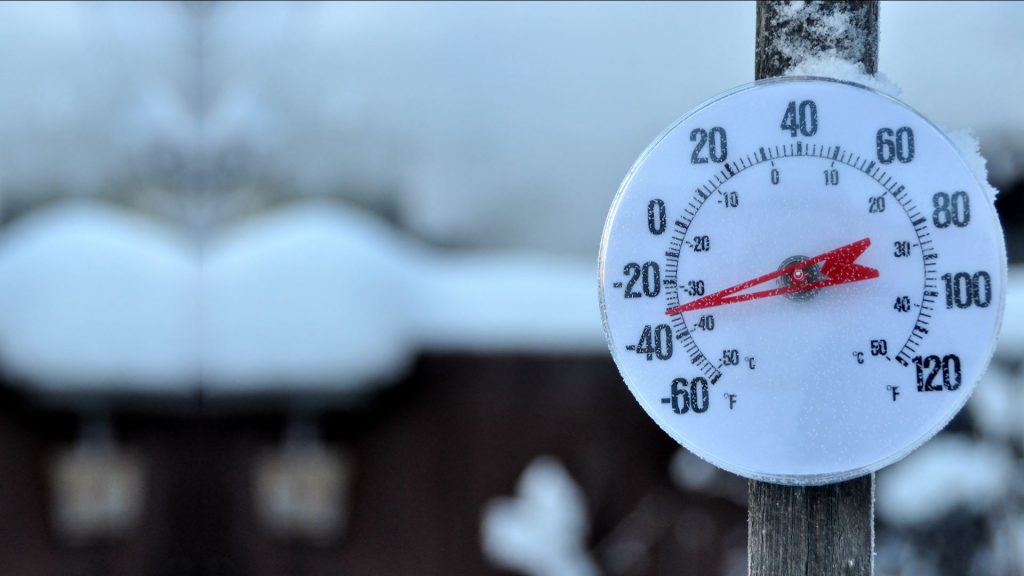
img source: weathernationtv.com
Neither too high nor too low a temperature is good for your skin. So make sure you are not outside when it is very hot, and also dress as well as possible in winter and cover as much of your body as possible. Wear gloves and a scarf, because hands and face are always the most exposed to cold weather and wind, which is very harmful.
Conclusion:
Skin is the largest organ in our body and that is how it should be treated. Many ignore it because we are used to it being a part of our body that is always exposed to the outside world, but that is a mistake. You need to maintain it regularly so that it is healthy and able to fulfill its functions, and also to maintain a youthful appearance.







